The incident sparked a heated debate about career-orientation pressures on graduate students.
In July, a video of Li, a doctoral student in diagnostic imaging at Dalian Medical University in Guangxi, China, selling ice cream on the side of the road went viral. She only learned that shortly after the video went viral, a lecturer at her former school contacted her and asked her to remove the video because it “affected the reputation of the school.”
Li initially agreed, but then reposted it. She responded bluntly: “If you think I am defaming you, sue me.” Meanwhile, the school denied any pressure, saying she had spread “untrue” information.
The incident has sparked debate about how Chinese universities measure graduate “success” in terms of prestigious careers and high salaries. Scholars say it is not just a single individual’s story but a reflection of a broader crisis in higher education .
Associate Professor Cao Yanna, working at Beijing Foreign Studies University, commented: “Universities have too high expectations of students, while the labor market cannot absorb the rapidly increasing number of bachelors. The employment results not only affect the school budget, but are also related to enrollment targets.”
Figures show that China's university enrollment rate has increased from less than 10% in 1998 to more than 60% in 2023. As a result, the belief that a college degree is a ticket to success has grown stronger.
Meanwhile, the number of college graduates is growing at a record pace year after year. In 2023, China had more than 11.6 million college graduates, making the competition for jobs fierce. Many students, especially in lower-tier cities, struggle to find suitable jobs, forcing them to turn to freelance work, start small businesses or return to their hometowns. Unemployment among urban youth in China exceeded 21% in mid-2023, forcing the government to stop publishing figures for a while.
In this context, non-traditional career options such as online sales, social media content creation, or small stall opening are increasingly popular. However, these paths are not yet fully recognized by the Chinese education system and society, leading to the dual pressure of having to make a living while facing expectations, even criticism, from schools and public opinion.
Associate Professor Paweł Charasz, from the Chinese University of Hong Kong, believes that instead of focusing on what students do for a living, the focus should be on their ability to make independent choices and adapt to a rapidly changing world of work. A non-traditional career that stems from passion is also a sign of success.
He stressed the importance of transferable skills, which are essential in the age of AI, when many current occupations could disappear in the near future.
Mr. Hongqing Yang, CEO of education consultancy The Educationist Limited, believes that China's prestigious universities are still not flexible enough to adapt to new career paths.
“Policies promoting vocational education and improving employability are helping to ease the pressure. However, the gap between traditional expectations of educational institutions and the need for freedom and creativity of China’s young generation is increasingly creating tension,” said Hongqing Yang, director of The Educationist Limited.
“Policies promoting vocational education and improving employability are helping to ease the pressure. However, the gap between traditional expectations of educational institutions and the need for freedom and creativity of China’s young generation is increasingly creating tension,” said Hongqing Yang, director of The Educationist Limited.
Source: https://giaoducthoidai.vn/khung-hoang-thanh-cong-sau-tot-nghiep-post742465.html


![[Photo] The road connecting Dong Nai with Ho Chi Minh City is still unfinished after 5 years of construction.](https://vphoto.vietnam.vn/thumb/1200x675/vietnam/resource/IMAGE/2025/11/04/1762241675985_ndo_br_dji-20251104104418-0635-d-resize-1295-jpg.webp)
![[Photo] Ca Mau "struggling" to cope with the highest tide of the year, forecast to exceed alert level 3](https://vphoto.vietnam.vn/thumb/1200x675/vietnam/resource/IMAGE/2025/11/04/1762235371445_ndo_br_trieu-cuong-2-6486-jpg.webp)
![[Photo] Ho Chi Minh City Youth Take Action for a Cleaner Environment](https://vphoto.vietnam.vn/thumb/1200x675/vietnam/resource/IMAGE/2025/11/04/1762233574890_550816358-1108586934787014-6430522970717297480-n-1-jpg.webp)


![[Photo] Comrade Nguyen Duy Ngoc holds the position of Secretary of the Hanoi Party Committee](https://vphoto.vietnam.vn/thumb/1200x675/vietnam/resource/IMAGE/2025/11/04/1762234472658_a1-bnd-5518-8538-jpg.webp)




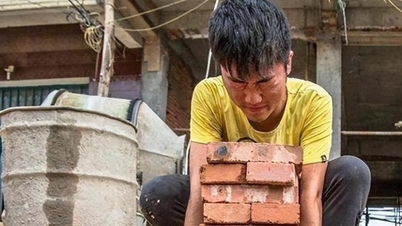


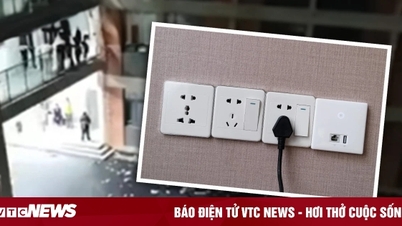









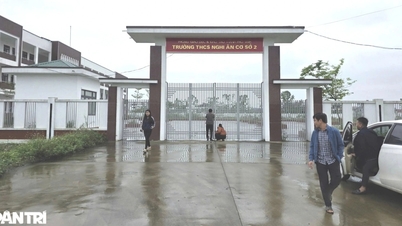








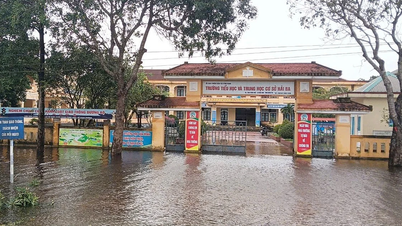
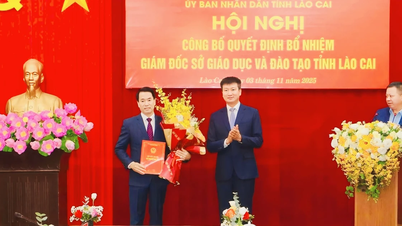

















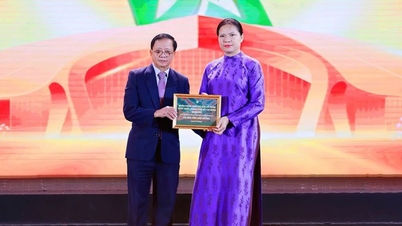







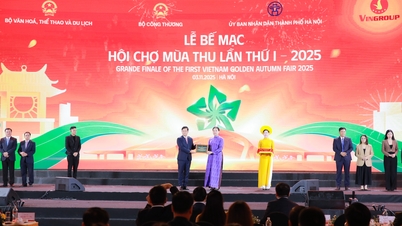













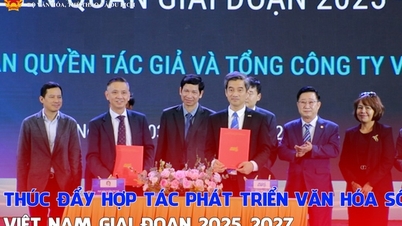


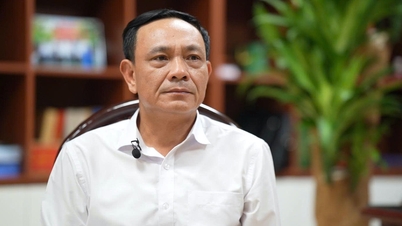


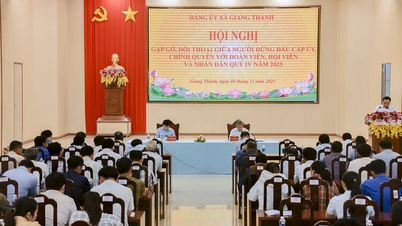







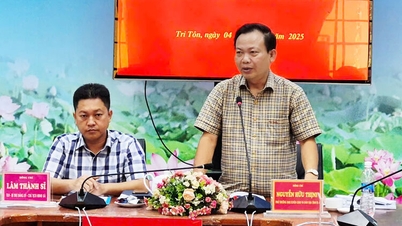
















Comment (0)